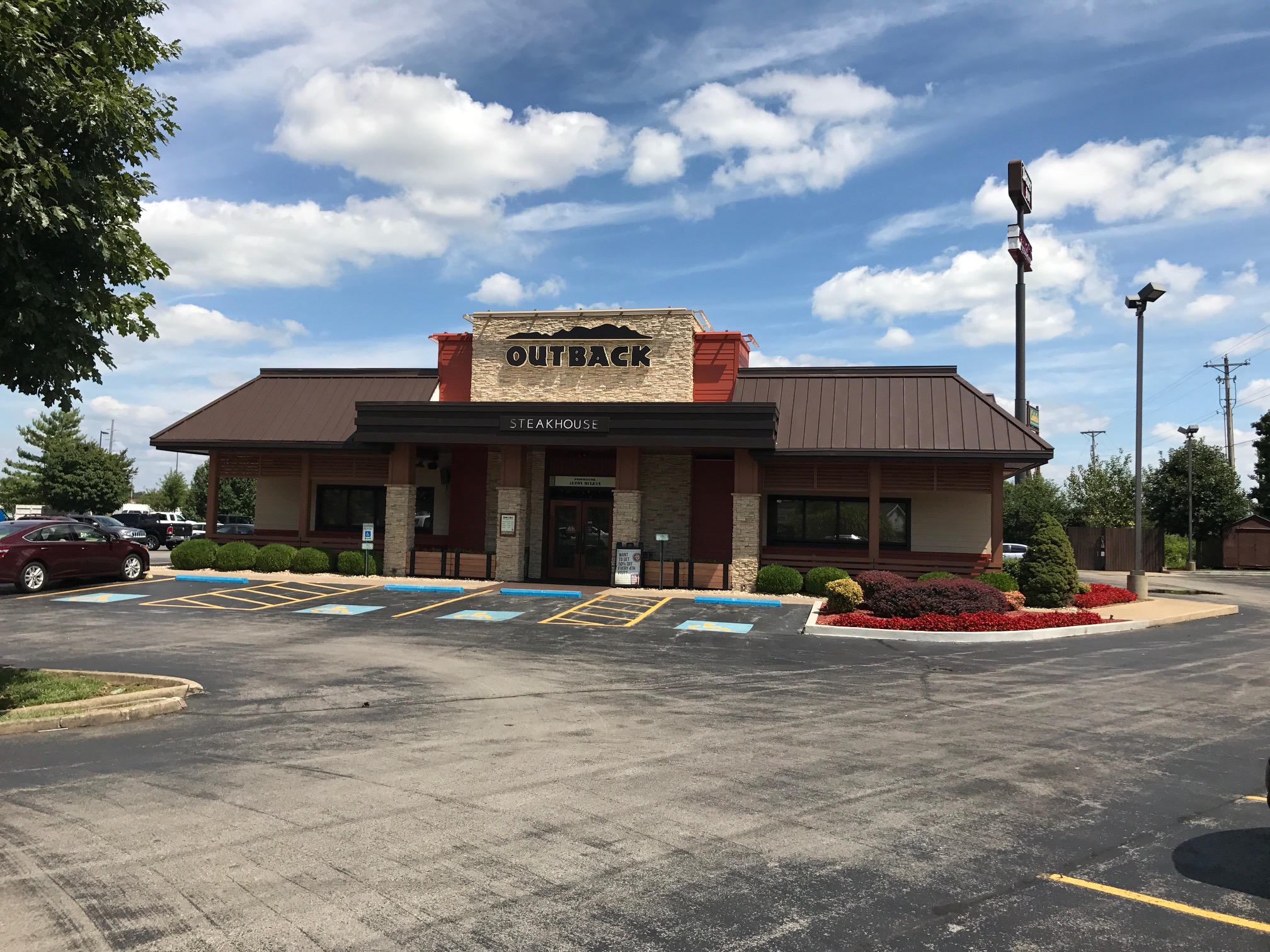Overlooked Treasures of Life
This is a guest post by my cousin-in-law, Craig Waddell. I’m going to create a category for him called, “Grandpa’s Wisdom.” Craig and Sarah are the proud grandparents of Emma and Weston.
“Show me a camp where the gamblers play solitaire and the women take in washing and I’ll show you a dead village.” (an excerpt from Flowing Gold by Rex Beach, 1922)
Overlooked Treasures of Life
My wife, Sarah, inherited an antique bookcase full of antique books. Most of the volumes belonged to her great-uncle who was a school teacher/farmer in the early years of the 20th century. The subject matter ranges from poetry, to agriculture, to fictional novels, to collections of Twain, Poe, and Whitman, to school text books. At first, I dreamed of finding a mint conditioned first edition of a rare work that would be worth thousands of dollars, but each book that I pulled from the shelf proved to be worth little more than its original cost. Then I wondered if someone had hidden and forgotten a document which might prove to be an original manuscript from some famous historical figure, but that was a vain search. Until recently, I had overlooked the truly valuable treasure of this inheritance; the words found in the books are the wealth of our good fortune.
Most of us seem to view older literature as outdated. If it’s not new then it’s not exciting. If a story doesn’t contain technology and terminology that we can relate to, even in a futuristic setting, then we just can’t seem to morph ourselves into the plot or link ourselves into the mind of the main characters. However, over the last few weeks, as I have read several works published from 1914 through 1922, I’ve found myself going back in time, not to an era or circumstances that I personally experienced, but to a place and time that I heard about when I sat and listened to my grandmother and the men and women of her generation relive their past. These people and their true life personal stories are another treasure that we so frequently overlook.
We all know men and women who are much like those antique books stored in that old bookcase. Many of these people have lived through more adventures, trying circumstances, poverty, and tragedy than we can ever imagine. Although their mind may be weakening and the memories both embellished and mixed with other experiences, the tales that these friends and loved ones can tell will both excite and cause one to wonder how they ever made it through the encounter. Just a few of the personal narratives I’ve heard include the fear of being kidnapped when gypsies migrated through a community, the dread of a plague of whooping cough that took the life of a sibling, the rarely told story of life in Germany under Hitler, the feeling of devastation when a married daughter who lived several states away vanished without a trace, and the joy of eating bug filled bean soup after a long three day march as a POW during WWII.
Reading the semi-historical novels allows me to understand in a small way the feelings of those aged historians who through the years have personally entrusted me with their memories. To read of the poverty that existed in rural areas compared to the extravagant wealth that liberally flowed in the huge cities like New York and Dallas helps me develop a small understanding of what it was like to slave day after day with no other intent than to eek out an existence for a family. The quotation with which I began this article was contained within a description of the overnight transformation of a small poverty stricken Texas community into a bustling oil boom town. That quotation and one which said “men lived in greasy clothes” would not have meant anything to me had I not heard my grandmother tell how, in order to make a living, she and my great-grandmother washed the greasy laundry of oil riggers during an oil boom in a small community near us; it was a task which utilized pond water, lye soap, a wash board, and a liberal amount of elbow grease.
Stories of the Past
Exciting stories of the past can be found in two treasures that most of us have access to – antique books and those who in so many ways actually lived the plots of those books. In all probability, the written fictions will be around for generations, but the oral history tellers will soon go the way of all mankind. May we never place either of these treasures on a shelf only to gather dust and to be forgotten.






Thank you sooo much! What an honor! Blessings to you my friend!
This was such a wonderful article! Congrats – you’ve been featured at Inspire Me Monday at Create With Joy!
Have a blessed week, dear friend! 🙂
Thanks for commenting Georgie!
I agree that books are treasures. Period. They take me away on adventures and solve problems / puzzles / mysteries.
I really enjoyed the post. I miss all my grandma’s and grandpa’s stories about growing up in the depression and working during WWII. This post made me think of all those wonderful times I sat with them listening. Thanks!
Great post, as usual, Craig!! So very true; how I wish I’d paid more attention to come of the conversations between my “elders”!! Thanks for your thoughts..